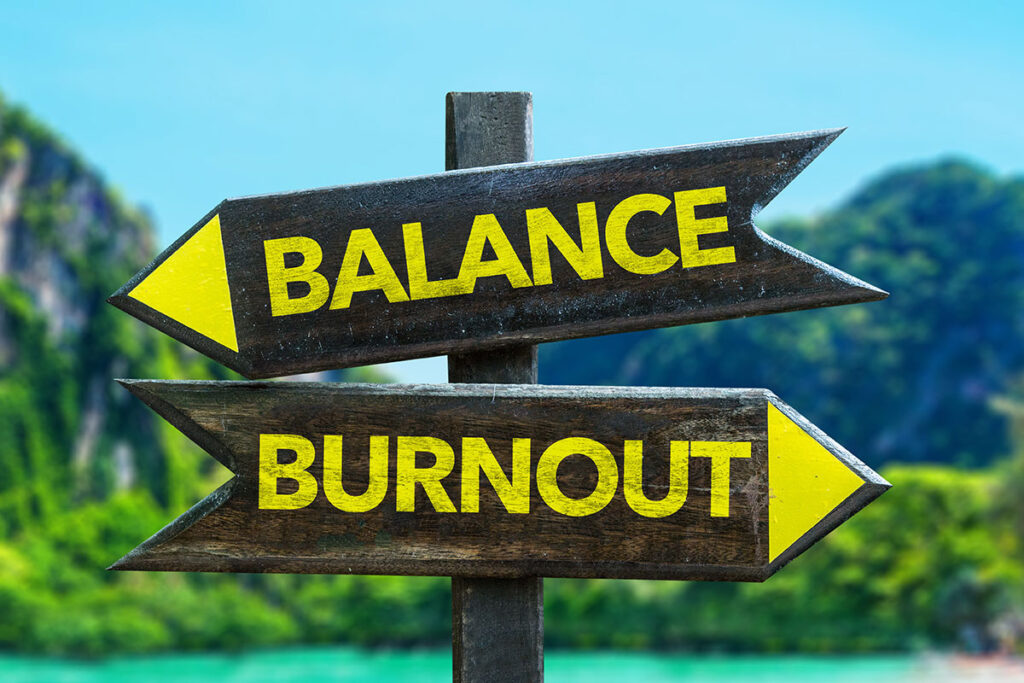Today’s Friend of the Firm perspective comes from Dr. Allessandria Polizzi, Founder and CEO of Verdant Consulting.
A 1992 article titled “Surviving HR Burnout” by Jennifer Laabs detailed the burnout experience HR professionals were having. What’s even more troubling than the fact that this was written 30 years ago is that the causes of burnout identified in the article are strikingly familiar to what we experience today. This includes:
- Dramatic extremes on a regular basis
- Increased complexity within the function
- High-risk and legal exposure to decisions being made.
- Loneliness due to the confidential nature of the work
- Loneliness due to a fear of perceived bias
- Being “On” all of the time
- Problem-focus of the work
- Pressure to be seen as equal to other functions, especially for women
- Feeling Undervalued
- Having to Deliver Bad News
And this was before contact tracing, vaccinations and mask mandates.
So, in 30 years, with all that has transpired or come and gone, how much has changed? Let’s try a little quiz. Which of these was written today or 30 years ago (answer below)?
A: “If you don’t stand up for yourself and say look, I can do X, Y or Z, but I can’t do all of it, then you’ll probably end up doing all of it. I was trying to be super-responsible. I did far too much and burned out. Also, they weren’t willing to give me enough resources. In the end, there were 800 employees and three of us in HR. It just got to critical mass, and I couldn’t handle it. It was stupid of them and stupid of me.”
B: “We have a 5 person team that everything gets thrown to complete with 2000+ employees. Drowning is putting it lightly. We just can’t get everything done that senior management wants done.”
C: ” A lot of human resources people suffer from an inferiority complex. HR people work in a profession for which it’s very hard to measure the value. Consequently, I think they are continually struggling for recognition and to establish a meaningful identity. You constantly feel like a second-class citizen, and that brings about a certain amount of stress, especially those people dealing with a lot of employee relations issues – they get fed a fairly steady diet of negative behavior.”
D: “HR is a joke. I can’t do anything about anything.”
Ok, that last one was a trick. It’s a quote from Toby in “The Office.”
Consider this: if all HR had to focus on was the fact that 4.5 million people quit their jobs in November, breaking the record again, the work would be chaotic and complex. HR leads the way on
- properly exiting the departing employee and discovering any causes that should be addressed (and then doing the work to address them)
- helping teams figure out strategies for getting work done in the aftermath of a departure without burning out those employees that stay
- searching for talent in a highly competitive market
- managing onboarding from both a legal and cultural point of view
- addressing any impact to the organization on having a large influx of new employees on current company dynamics
- handling any concerns from incumbent team members on the most-likely increased wages for new hires
- maintaining cultural norms as new team members integrate into the organization
- Conducting “stay interviews” with current employees to identify future departure risks
And this is just the impact of one of the many challenges HR is managing.
As we head into another year that promises to be more of the same, it’s time to hit the pause button and understand that HR’s needs are both critical and unique. We also need to give ourselves a break by recognizing the heroic effort of our work, and if we don’t feel we have the resources or respect to thrive, looking for either new ways of working or new places to grow.

